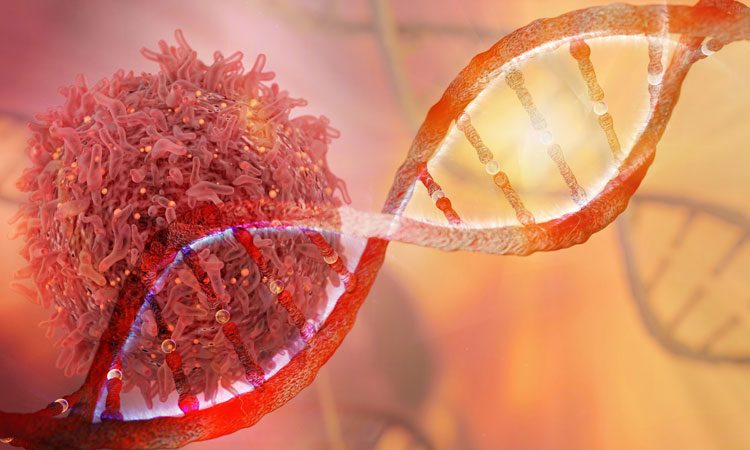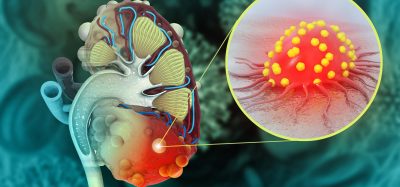Genes responsible for gender differences in tumours identified
Posted: 19 August 2019 | Rachael Harper (Drug Target Review) | No comments yet
A new study has identified possible regulators that determine differences in cancer tumours between genders.


A new study by the Institute for Research in Biomedicine (IRB Barcelona) involving the vinegar fly, Drosophila melanogaster, has identified possible regulators that determine differences in tumours between genders. The researchers suggest their findings could improve treatments for cancers.
“We have identified possible regulators responsible for tumour differences between male and female flies,” said Cayetano González, head of the Laboratory of Cell Division at IRB Barcelona. “The results also show that these genes could be potential targets to neutralise their degree of malignancy.”
González and his team compared the development of experimental tumours induced in the brains of male and female vinegar flies. They observed that the former tumours were more aggressive and identified numerous proteins whose expression was markedly higher in tumour cells of male flies compared to females.
Biomarkers aren’t just supporting drug discovery – they’re driving it
FREE market report
From smarter trials to faster insights, this report unpacks the science, strategy and real-world impact behind the next generation of precision therapies.
What you’ll unlock:
- How biomarkers are guiding dose selection and early efficacy decisions in complex trials
- Why multi-omics, liquid biopsy and digital tools are redefining the discovery process
- What makes lab data regulatory-ready and why alignment matters from day one
Explore how biomarkers are shaping early drug development
Access the full report – it’s free!
Among the proteins identified in the study, the researchers focused on the so-called Phf7, which is also found in humans. Phf7 is present in tumour cells in males, which show more aggressiveness but absent in tumour cells in females. They found that by removing this protein in male flies, the aggressiveness of the tumours was markedly reduced, reaching levels similar to those present in female flies.
“Our results show that the proteins responsible for the differences in tumours between males and females can be regulated to reduce the degree of malignancy that is associated with the sex of the individual affected,” explained Cristina Molnar, post-doctoral researcher at IRB Barcelona and first author of the study.
“Understanding the molecular basis responsible for the sex-related differences in the incidence and development of cancer may allow us to find specific treatments for men and women,” González adds.
The study was published in Science Advances.
Related topics
Analysis, Genomics, Protein, Research & Development, Targets
Related conditions
Cancer
Related organisations
Institute for Research in Biomedicine (IRB Barcelona), Science Advances
Related people
Cayetano González, Cristina Molnar








